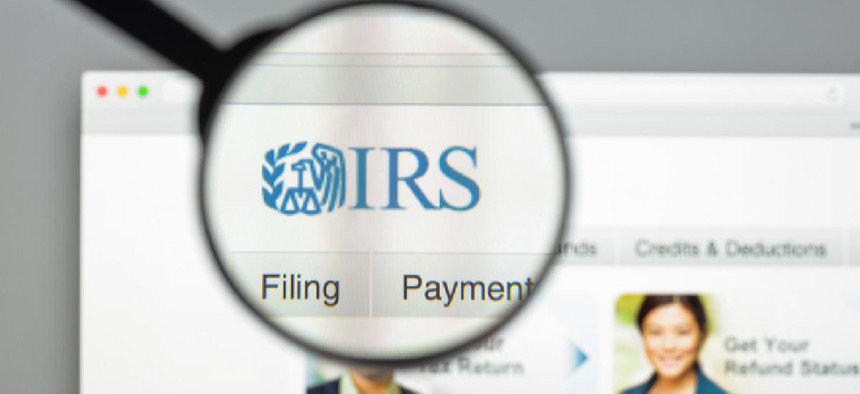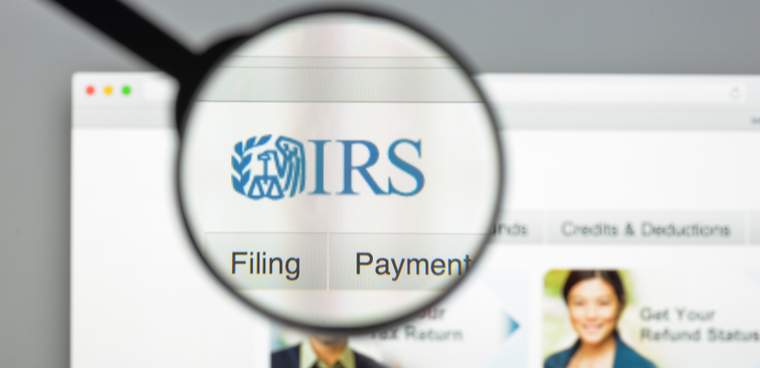IRS chief presses case for boost in IT, cyber funding

IRS Commissioner Charles Rettig said the agency can use a 10% increase in funding included in the White House fiscal year 2022 budget proposal to "improve conditions for every American" while strengthening the agency's cyber posture.

IRS Commissioner Charles Rettig said the agency will use some of a $305 million funding request in the Biden administration's fiscal year 2022 budget proposal to continue a multi-year IT modernization plan with the goal of improving services for taxpayers nationwide, including those in underserved communities.
Rettig pressed the case for an increased investment in the agency's modernization plan at a Senate Finance Committee hearing on Tuesday, saying the additional funds will allow the IRS to "improve conditions for every American."
"We need funding to be impactful," Rettig told lawmakers. "We need specialized agents, we need training … we need a blend of expertise and we need to be able to be on watch."
The administration's budget proposal features a more than 10% budgetary increase for the IRS, with a total of $13.2 billion to help boost the agency's taxpayer services and enforcement division, among other key assets.
The White House budget also includes $7 billion for "program integrity activities" at the IRS, and envisions taxpayers using improved online services to "receive notifications, check their account balance, set up payment plans and connect with an IRS representative through a single, online session."
The $305 million included in the proposal reflects a 35% increase from FY2021 enacted levels, as part of an apparent government-wide effort to increase IT modernization spending and enhance cyber posture. In his prepared testimony, Rettig said the IT modernization increase totaled $78.1 million and allows the tax agency to push ahead with multiple tech refreshes, including modernizing the Enterprise Case Management System.
"The highest category in the discretionary budget is for services and modernization," Rettig said. "Those two go to helping underserved communities. They go to answering the phones, to getting chatbots and to having it be an experience like people would have in dealing with the private sector."
Another legislative proposal would establish a working capital fund at the IRS covering centralized services. A pilot proposed for FY2022 would test the fund on several projects including IT development, Rettig said.
Separately, a 10-year plan to modernize tax administration and collection from the Biden administration would direct $6 billion in IT modernization and $4.5 billion in information reporting and cybersecurity funding.
While the IRS managed to significantly reduce its reliance on legacy hardware in recent years, the agency has faced continued funding challenges. Rettig previously told the Senate Appropriations Committee his agency had received just 55% of funds requested for its modernization plan, and was eventually forced to support IT enhancements by rerouting dollars for enforcement operations.
With the additional investments, Rettig said the IRS can continue to improve its IT systems while getting ahead of the ransomware and cyberattacks seen across the public and private sector in recent months. The commissioner also called for "congressional authority" and "additional tools" to address crimes involving cryptocurrency.
On the workforce front, the commissioner said he expected the IRS to continue operating in a "virtual environment somewhat indefinitely," while expressing his concerns with remote training and onboarding for new employees.



